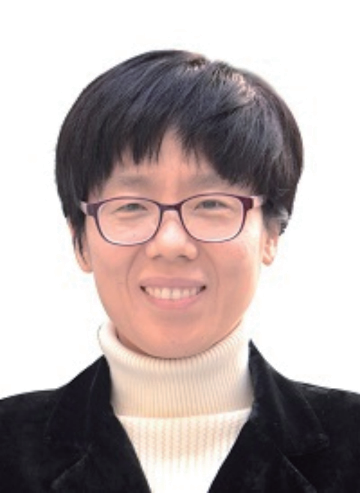Zhimei Sun, Guanjie Wang, Kaiqi Lil, Jian Zhou
1. School of Materials Science and Engineering, Beihang University, Beijing 100191, China.
2. School oflntegrated Circuit Science and Engineering, Beihang University, Beijing 100191, China
Abstract: Machine learning potential emerges as a powerful tool in materials research and design. However, most MLIP methods rely only on a single descriptor generated by mathematical functions instead of mapping the three-dimensional space of materials structure, and thus this type of potential is typically limited to specific compositions. In this research, we present a graph convolutional machine learning potential (GCMLP) software, termed PotentialMind, which can transform three-dimensional atomic structures into vectors comprising nodes, edges, and weights based on multiple descriptors. Using Sb-Te phase change materials as examples, a model named GCMLP-ST suitable for 12 stoichiometries of Sb-Te compounds has been constructed, whose root mean square error for energy and forces are 4.97 meV and 76.25 meV/A for testing datasets, respectively. Moreover, the accuracy and efficiency of GCMLP-ST have been validated by E-V curves and RDF in the crystalline, liquid, and amorphous phases of various Sb-Te compositions consisting of 200, 1000, and 10000 atoms, respectively. With this framework, the architecture of the machine learning model can be customized by deep and transfer learning, extending to other materials systems. In addition, benefiting from the highly efficient of PotentialMind molecular dynamics, it can be used for real devices, spanning tens of nanoseconds and comprising millions of atoms under different programming conditions that are impossible by AIMD simulations.
Keywords: Machine learning potential; graph convolutional neural network; phase change materials; ab-initio molecular dynamics calculations; ALKEMIE.
Reference: [1] G.J. Wang et al, J. Phys. Chem. C. (2023). [2] K.Q. Li et al, To be submitted.

Dr. Zhimei Sun is the Cheung Kong Scholar Chair Professor of the School of Materials Science and Engineering at Beihang University, China. Her research interests include materials genome engineering, low-dimensional magnetic materials, phase-change materials for random access memory and properties of two-dimensional materials by both experiments and computational simulations. She has published over 280 SCI peer-reviewed papers and was ranked in the most cited Chinese Researcher in Materials Science and Engineering by Scopus (2020-2022). She led the team developing the ALKEMIE platform, which realizes data-driven intelligent design of new materials and novel properties of materials.